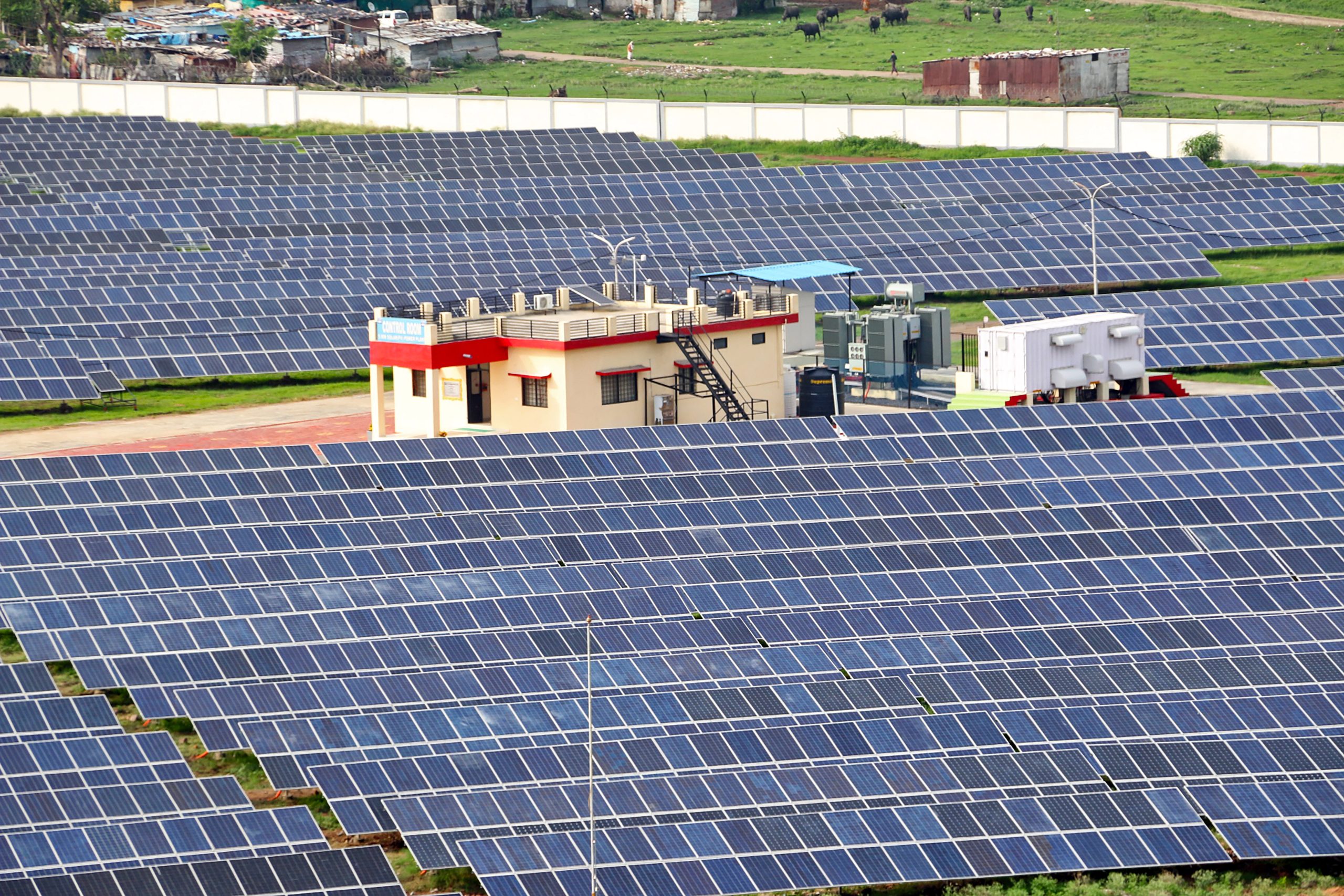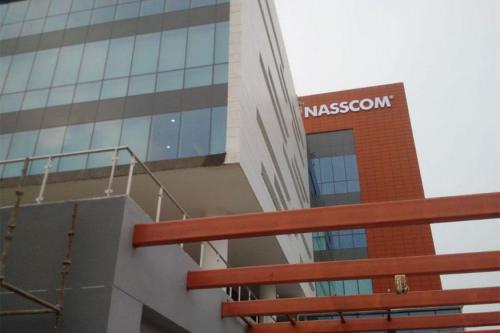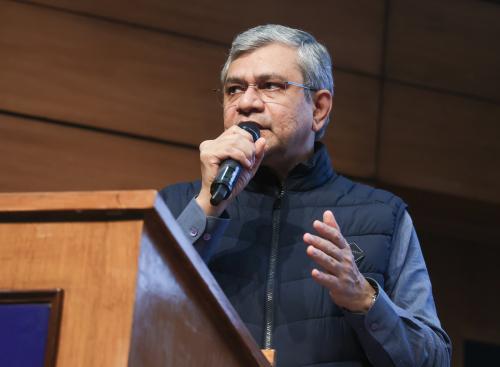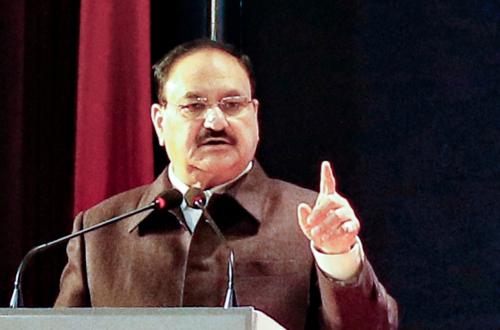Quaid Najmi
Mumbai, Feb 3 (IANS) Among the most industrialised states in the country and a power-guzzler, Maharashtra’s solar energy sector is undergoing revolutionary growth and development, stressing the commitment to expanding its renewable sources, officials said.
Under its Integrated Non-Conventional Energy General Policy (till March 31, 2025), the state hopes to boost its solar power generation capacity from the current 1.90 GW to a whopping over 12 GW by next year.
This has ensured a significant shift from its previous wind-dominated energy profile to another reliant on solar power.
The Maharashtra Energy Development Agency (MEDA) is entrusted with formulating and finalising renewable energy policies in the state, including a new policy that would comprise technologies like ‘hybrid storage’, expected soon.
The Maharashtra State Electricity Distribution Co. Ltd. (MSEDCL) has proposed grid support charges for net metering systems for the ongoing period (2020-2021 to 2024-2025), facilitating the integration of rooftop solar systems into the power grid.
In a sunny indicator, over 100,000 consumers have opted for rooftop solar power generation units in the state which helped them to save lakhs of rupees in electricity bills, besides lessening the load on the power grid, said an official.
Several housing societies, mostly in urban centres, have availed multiple benefits of rooftop solar power, comprising a 20 percent subsidy, plus slashing the monthly power bills significantly.
“As per our estimates, the cost of a 10 KW rooftop solar unit can be fully recovered in less than 2-3 years, and thereafter, only the basic maintenance is required,” said an official, requesting anonymity.
Under the net metering system, the utility supplier deducts the solar power consumption component from the total bill, resulting in handsome savings for the consumers, he said.
On an average, an urban household consumes around 300 units of power per month, and if the solar component is 150 units, then the utility provider will charge only for the remaining 150 units availed from the grid.
This has made many consumers and housing societies in the state happy with a lighter load on their monthly electricity spends.
As of 2024, Maharashtra emerged as a significant player in India's solar energy landscape, contributing substantially to the national solar capacity, focusing increasingly on renewable energy sources, including solar, to meet its escalating energy needs.
Presently, the state has a total installed renewable energy capacity of 6,145 MW, (or over 14 percent), making it one of the top states in India in terms of installed renewable electricity capacity, and still growing.
The Maharashtra State Power Generation Co. (MAHAGENCO) is developing a Rs 730 crore, 105-MW floating solar project with the Satluj Jal Vidyut Nigam which would generate 230 million units in the first year, and then 5,420 million units over 25 years, plus 600 MW solar power projects.
The Adani Electricity Mumbai Ltd (AMEL) supplied 38 percent ‘green energy’ to Mumbai in 2023 which it plans to increase to 60 percent by 2027
Diwali 2023 saw Mumbai dodging a staggering 9.84 million kg CO2 - equivalent to saving the lungs of a million Pandas from getting clogged in all the revelry of the festival of lights and fireworks.
For the first time, around three million homes and establishments comprising 12 million Mumbaikars, got a Diwali gift when AEML powered them with 1,200 MW of 'clean' energy from renewable sources for four hours (10 a.m.-2 p.m.) on a Sunday -- and dodged a whopping 9.84 million-kg CO2 emissions, besides over 270 rooftop solar installations in the city.
Additionally, Tata Power is developing a 28.8 MW solar power project in the Satara district of Maharashtra.
Furthermore, Maharashtra has initiated the tender process for acquiring 366 MW solar power as part of the Pradhan Mantri Kisan Urja Suraksha Evam Utthaan Mahabhiyan (PM-KUSUM) program, focusing on feeder-level solarization.
The state is likely to exploit in a big way the new rooftop solar energy proposal of the Centre which will enable consumers to get upto 300 units of free power per month, said the official.
Though Maharashtra does not offer a separate solar subsidy, consumers with on-grid or hybrid systems can avail of the Central Financial Assistance (CFA), which has different rates as per the installed capacity.
This is classified as: up to 3 kWp, between 3 kWp and 10 kWp, and for residential welfare associations and group housing societies up to 500 kWp – the last segment is entitled upto 20 percent subsidy for rooftop solar power generation projects.
The MEDA is also penetrating into the rural areas in a big way to help the far-flung population enjoy the benefits of renewable energy like solar and ensure green power for longer daily duration.
Overall, by 2030, India plans to install around 30 GW of solar power every year starting from 2023, with the goal of 280 GW in seven years.











